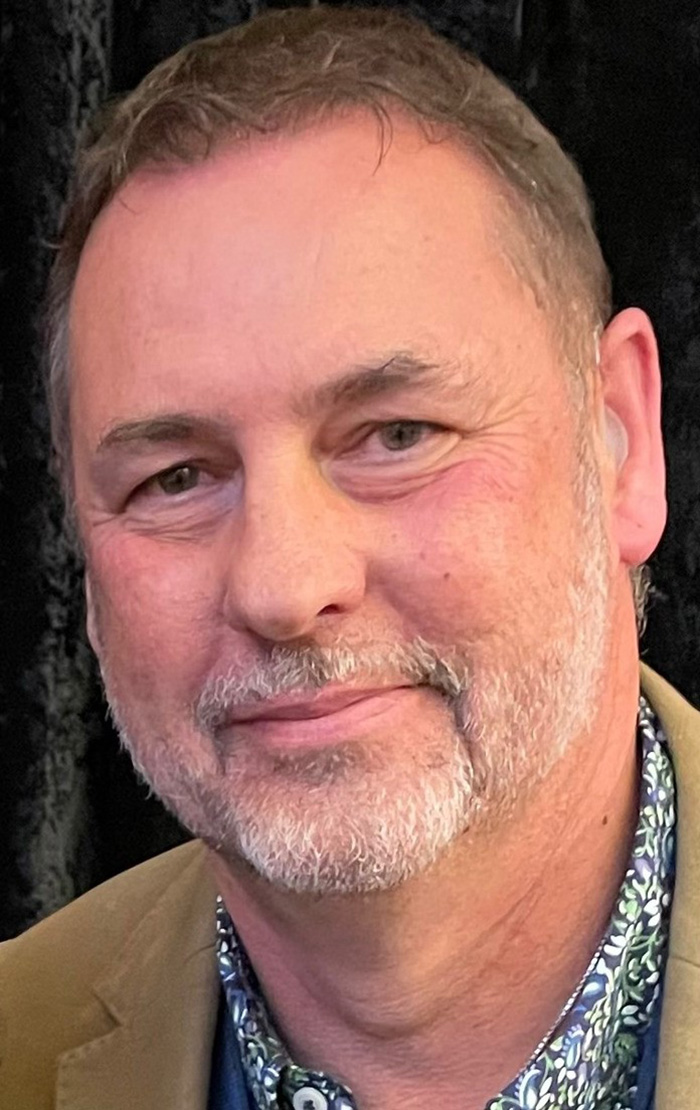Anglican National Aboriginal Bishop – Why I am still Voting Yes!
I am hesitant to say that voting ‘yes’ will address all the issues found in our First Nations communities. Hesitant because I don’t believe the ‘Voice’ is purely about problem solving. First Nations ‘Voice’ has many positives to contribute alongside problem solving. However, we do know that there are many issues that need addressing, and it will take time to address them. These have been the subject of the various programmes deployed over the years, such as ‘Closing the Gap’. The consensus from both sides of politics is that ‘Closing the Gap’ has not solved the issues it sought to address. First Nations health, education levels, imprisonment, youth suicide, poverty, inadequate housing, violence, and substance abuse are still serious issues confronting First Nations Peoples. Ironically, priority one of the ‘Closing the Gap’ is the establishment of ‘Formal Partnerships and shared decision making’, which is exactly what ‘The Voice’ is seeking to achieve. It is misleading to say that a ‘Voice’ to Federal Parliament will negate any regional and local consultations, and decision making. As we know the State Labor Government has legislated a ‘Voice’ for the State already. What a constitutional recognition will do is have ‘The Voice’ enshrined at the federal level, so it cannot be swept away at the whim of the next government.
I personally do not find the arguments against the ‘Voice’ particularly convincing. Those who argue that it will not address the important issues at hand are essentially saying that Federal Government will ignore any recommendations that are given to it. The onus will be on Federal Parliament to enact any recommendations to it. The ‘Voice’ will not have any legislative power. It will make recommendations. A lot of the ‘No’ campaign, unfortunately, is based on fear tactics and slander. As Christians we should not take part in any of that. The key issue is whether the ‘Voice’ will be representative enough. I believe it will be, as it will seek to have the greatest representation possible, and free from partisan politics. The radical ‘No’ campaign is saying that a ‘Voice’ does not go far enough, and that ‘Treaty’ is the basis from which to start. I have some sympathy for that view, but I think the ‘Voice’ will have greater opportunity for seeing ‘Treaty’ and ‘Makarrata (coming together after a time of struggle)’ gaining success. The ‘Voice’ as proposed is a generous, gracious, and, yes, conservative offering. At its essence ‘The Voice’ is a body of elected or appointed First Nations Peoples who will seek to offer recommendations to help guide the Federal Parliament to make decisions that have consequences for First Nations Peoples.
I have been following the arguments for and against ‘Constitutional Recognition and the Voice’ very closely, and in consequence various news outlets’ comments and social media posts have been coming my way. In truth, they are not normally the first I go to for balanced news coverage. However, they have been very enlightening, if not depressing. The terrible ‘R’ word needs to be raised in this discussion – racism. I received a post just recently from the National Party which made for distressing reading. The comments section was just an opportunity for racists to air their distorted views. Anybody who sought to counter their views were locked into an extensive social media bashing. This has been the sad consequence of the ‘No’ campaign. It has revealed the racist nature of Australian society lying just under the surface and given it the cloak of legitimacy.
So, why am I still voting ‘yes’? I believe it is the right thing to do and if given the opportunity a constitutionally enshrined ‘Voice’ can produce much good for our nation. It all begins with listening and participatory decision making. In time, hopefully, we can say that the ‘Voice’ has served its purpose ‘to empower our people and take a rightful place in our own country. When we have power over our destiny our children will flourish. They will walk in two worlds and their culture will be a gift to their country’ (The Statement from the Heart). The question before us is whether Australia has the maturity to receive that gift. I hope and pray that the answer is yes. God’s reign is shaped by justice. I am convinced that the ‘Voice’ is step forward to achieving justice and equity for First Nations Peoples. Given the chance and with patience it is a seed that might grow into a mighty tree.
‘Jesus put before them another parable: ‘The kingdom of heaven is like a mustard seed that someone took and sowed in his field; it is the smallest of all the seeds, but when it has grown it is the greatest of shrubs and becomes a tree, so that the birds of the air come and make nests in its branches.’ (Matthew 13: 13-14)
The Rt Rev’d Chris McLeod – National Aboriginal Bishop
